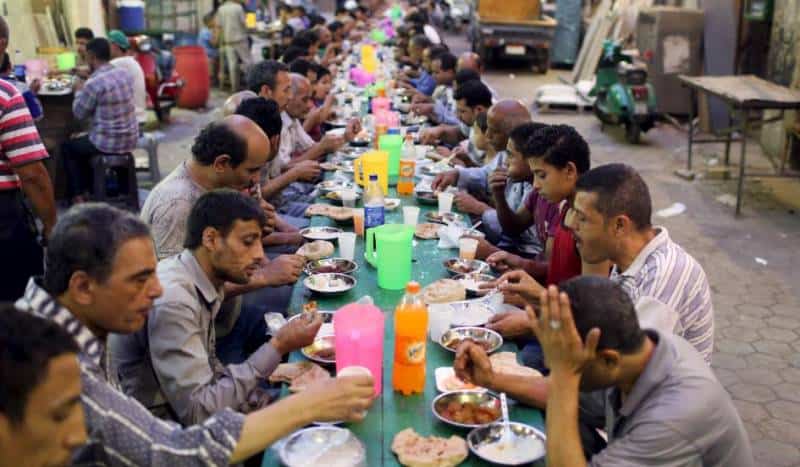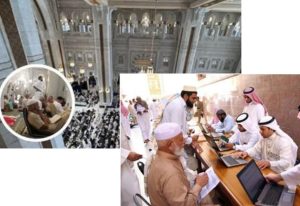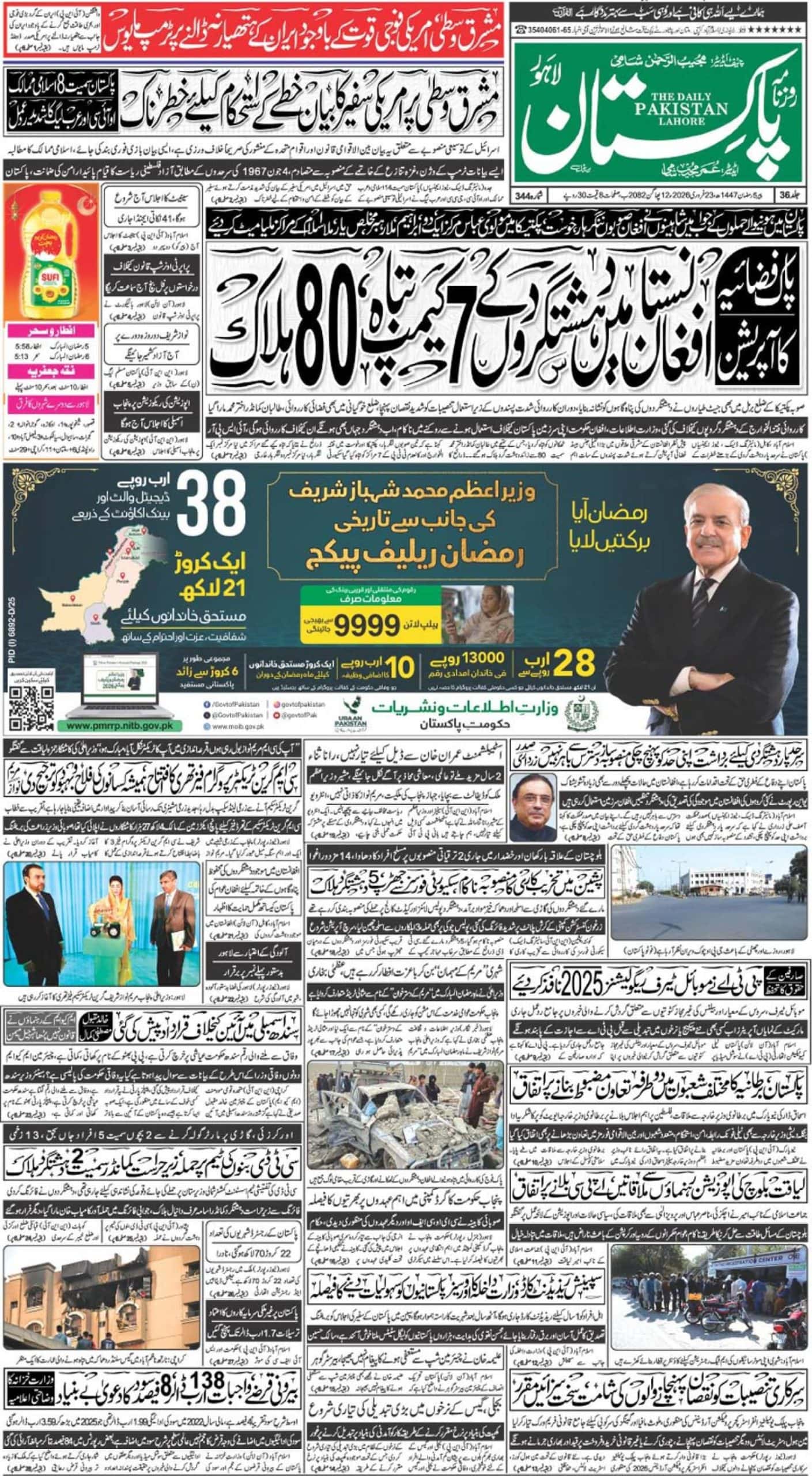On its list of intangible cultural assets, the United Nations Educational, Scientific, and Cultural Organisation (Unesco) has included Iftar, the meal Muslims eat to break their fasts, particularly during the month of Ramadan.
Iran, Turkey, Azerbaijan, and Uzbekistan together filed the proposal for the sociocultural tradition to Unesco.
Iftar is more of a religious than a cultural event, yet communities throughout the world celebrate it with such fervour that it becomes a symbol of Muslim culture.
The Intergovernmental Committee for the Safeguarding of Intangible Cultural Heritage, which began convening in Botswana on Monday, acknowledged the centuries-old cultural custom.
Iftar is celebrated by people of all ages, genders, and backgrounds. It marks the conclusion of fasting from dawn to sunset, which teaches perseverance and patience in the face of adversity and hunger, according to an official statement from Unesco.
Iftar is a meal eaten around sundown, following the Maghrib adhan. In keeping with the spirit of Ramadan, it is generally followed by other religious activities and prayer.
It is traditional to celebrate Iftar by having a date and tea in a number of Muslim nations. Food and dessert recipes, however, differ significantly throughout nations.













